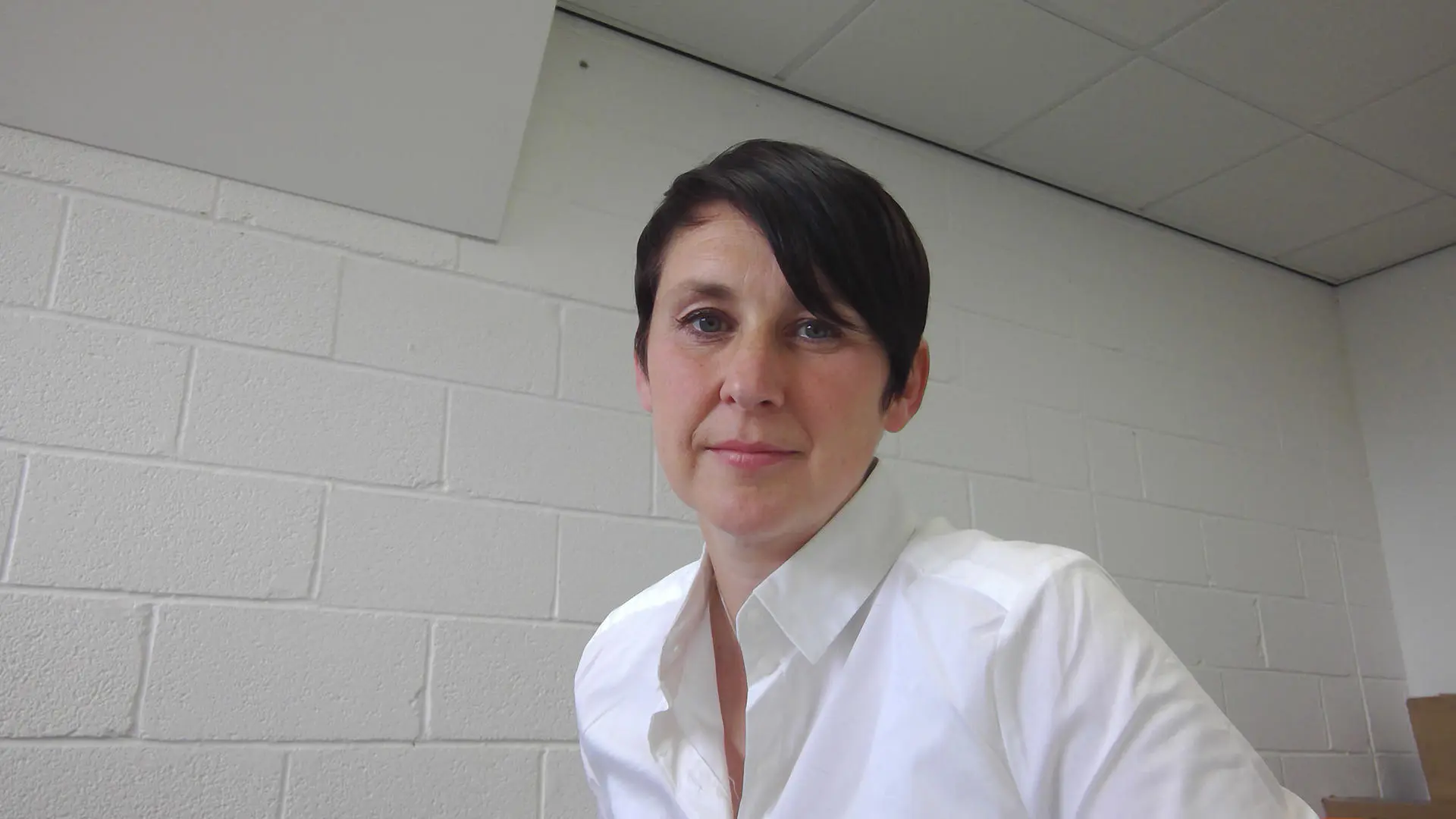As digital technology transforms the construction industry, does it also provide an opportunity for the sector to solve its greatest challenge – gender inequality? Dr Jenni Barrett from the University of Central Lancashire explores how digital innovation could help construction become a level playing field for all genders.
The construction industry has always struggled to support women to enter, progress, and thrive in their careers. Women are poorly represented, with 19 per cent of the professional workforce being female and less than one per cent in construction trades. The sector is repeatedly the worst offender in UK gender pay gap data, where women earn only 76p for each £1 earned by their male counterparts.
Research carried out by the University of Central Lancashire (UCLan) found out that reports of a masculine culture in which women struggle to progress were validated. By analysing team interactions and frequencies of positive and negative responses to ideas, our research found that women’s contributions were frequently and consistently excluded from designs and decisions.
Moreover, research conducted with the UCLan Institute for Research into Organisations, Work and Employment (iROWE) found that women who took career breaks, for example to care for dependents or family members, experienced difficulties in returning to work, further reducing women’s participation in the sector.
What does the industry’s digital transformation have in store for gender equality?
The construction industry is changing, as digital improvements replace traditional practices and working methods. However, the digital sector also struggles to maintain gender parity, with only 26 per cent of its workers being female, with that percentage falling significantly in more senior roles.
It’s a reflection of the historical and cultural association between men and machines.
However, technological development presents further challenges for gender equity, as the qualities inherent in such entrepreneurship – wealth, growth, innovation, risk – are historically associated with masculinity. As a result, technological and scientific professions, such as engineering, automotive design, and product design have been dominated by men and are perceived to be male dominated industries.
Similarly, when it comes to learning new skills outside of core working hours – aspirational labour which regularly leads to career progression – can be more difficult for women, who tend to adopt the larger share of care responsibilities.
"The result is an industry still tailored towards men, rather than incentivising females to succeed. This is not helped by the UK Industrial Strategy which commits investment in the construction sector but offers nothing to close the gender gap or improve equality. "
An inclusive future
Despite this, construction’s digital future can also bring an opportunity for change. Researchers and professionals at UCLan, are now considering ways that we can pro-actively use technological developments to make the sector more inclusive.
Previous research certainly highlights the possibility for the digital environment to become a more equal one. Online identities can assume any gender or none. As such, first impressions can be based on merit, rather than a conditioned response to an individual’s gender presentation.
In addition, the historical requirement for physical strength to work in construction may be countered by the digitalisation of the industry, where automation and robotics increasingly perform these physical tasks. In turn, this could dilute the existing preconception of the construction worker (in site operative and professional disciplines) as a body with masculine strength.
The digital network also provides a much needed forum for women to connect and to network, an activity which, in the construction industry, has been identified as excluding women, imposing a barrier to their career progression. Digital environments not only enable women to more flexibly network with colleagues and clients in terms of time and location, but also to generate their own voice, driving change via productive conversation, such as in the case of the Women In BIM network.
The construction industry’s digital spaces have also widened participation in professional learning, with women in built environment professions now more likely to engage in digital learning and networking environments than their male counterparts.
In the emerging, digital workplace, traditional career structures are forecast to be less attractive, and may no longer be the norm. Instead, construction companies might offer a new, location-independent, flexible environment in which those women (and men) who support families might thrive. The construction sector’s culture of long hours and being seen at work may finally begin to change.
Academia and industry as agents of change?
To fully embrace the opportunities that the internet-enabled industry can promise, the digital transformation needs to be met by a cultural one. This cultural shift would need to allow women (and men) to manage their home life commitments, defining new career and reward structures so that the best of construction’s talent pool can deliver their best work.
To do this, gender equity must be recognised as a crucial element of any digital strategies. Universities too have a role to play. Future research will need male and female researchers to qualitatively investigate women’s experiences of digital transformation, so that new policy does not homogenise women’s experiences, which only serves to highlight women as ‘different’, and further situate them as part of the problem.
UCLan is well placed to lead this cultural transformation. With research teams leading their respective fields in subjects from behavioural psychology, architecture and engineering, digital interaction as well as diversity and inclusion, UCLan can lead the way in determining solutions that can affect real and meaningful change across construction and in a variety of industry sectors.
Dr. Jenni Barrett is a member of the UCLan Institute for Research into Organisations, Work and Employment (iROWE), which aims to engage with stakeholders to build a fair and equitable future of work by informing the development of effective workplace practice and employment policy. Jenni is also a core team member of Women In BIM, which supports, empowers and celebrates a global community of women working in digital construction.

